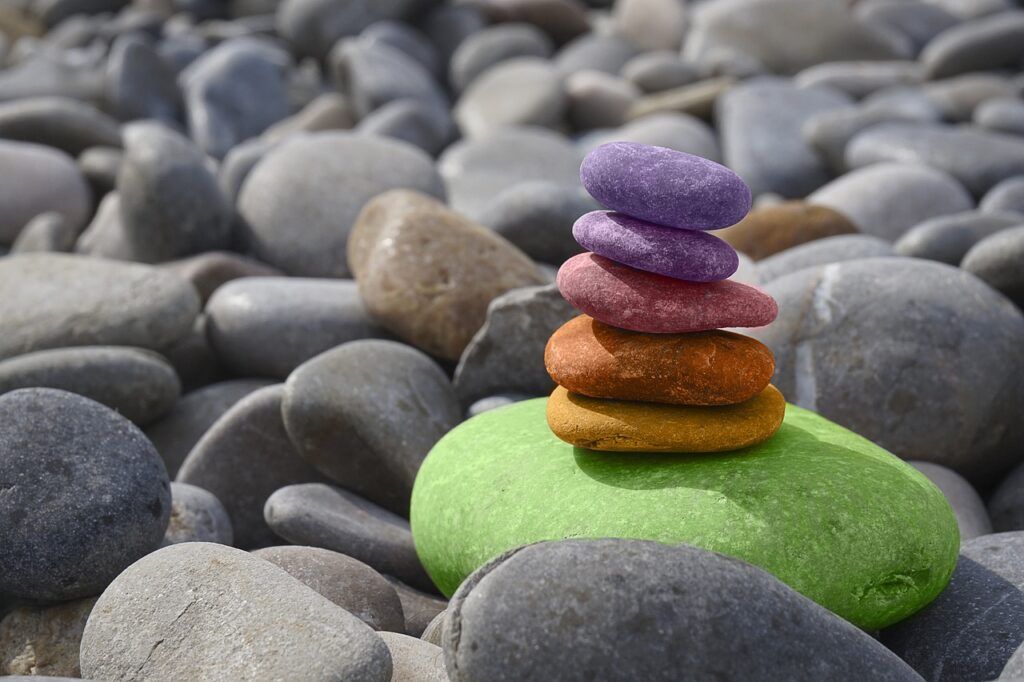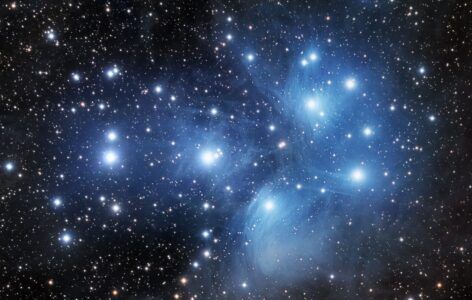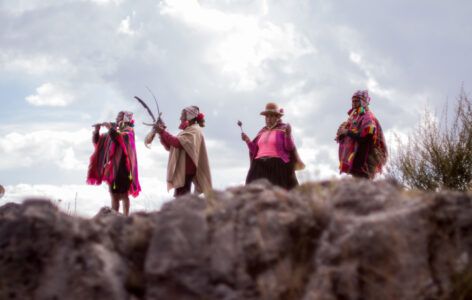When visiting Machu Picchu, it is important to remember that you are not only entering an archaeological wonder but also stepping into a sacred temple. The Andean peoples teach that every act of presence in such places should be rooted in ayni. A ritual offering can serve as a bridge to honor Pachamama and the Apus while opening yourself to receive their guidance and healing.
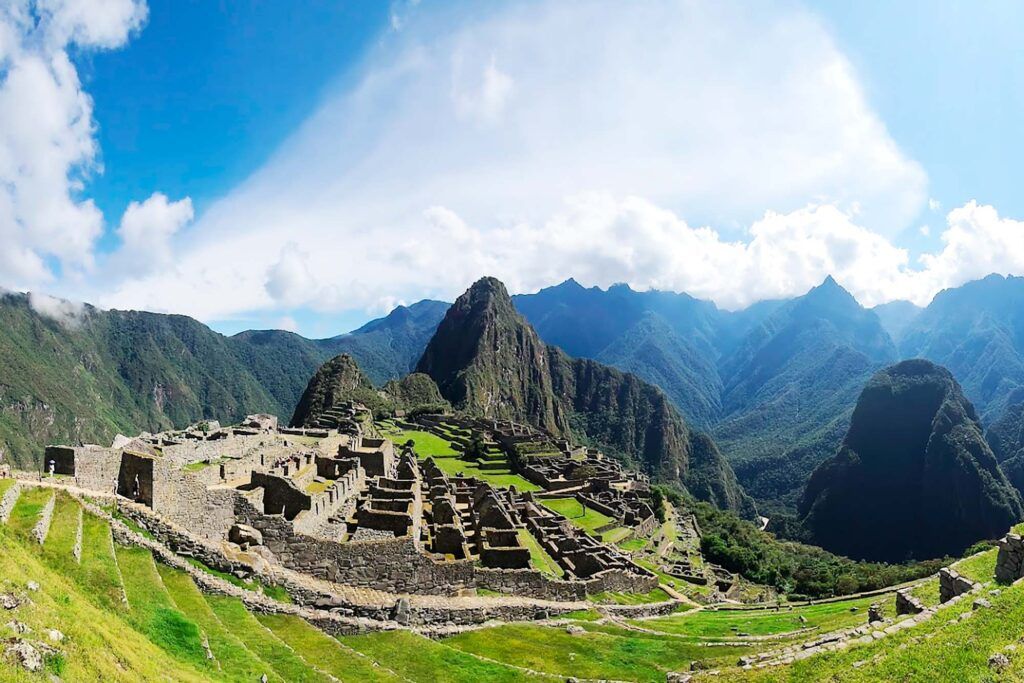
Preparation
Before beginning, find a quiet place within the citadel—perhaps near a terrace, a stone wall, or where you feel a natural flow of energy. Take a few deep breaths to center yourself, imagining your breath as an exchange of energy with the surrounding mountains.
Simple Ritual: What you will need

- A few natural elements (such as coca leaves, if available, or small wildflowers, seeds, or grains).
- A clear intention—something you wish to release (hucha, heavy energy) and something you wish to invite (sami, light energy).
The Simple Ritual
- Grounding – Place your hands on the earth or on the stones. Whisper softly: “Sulpayki Pachamama” (Thank you, Mother Earth). Feel the warmth and presence of the living stone.
- The Offering – Hold your coca leaves or natural elements to your heart. With your breath, infuse them with your intention. Release what no longer serves you, and call in what your spirit needs. Then, gently place them on the earth, between stones, or under a small rock as a humble despacho (offering).
- Reciprocity with the Apus – Look up at the surrounding Apus: Huayna Picchu, Machu Picchu Mountain, and the sacred Vilcanota River below. Raise your hands in gratitude, acknowledging their presence as protectors and teachers.
- Integration – Close your eyes, feeling yourself as part of Kay Pacha, yet connected to Uku Pacha and Hanan Pacha. Whisper your promise to walk as a chakaruna, a bridge between worlds, carrying the energy of balance back into your daily life.
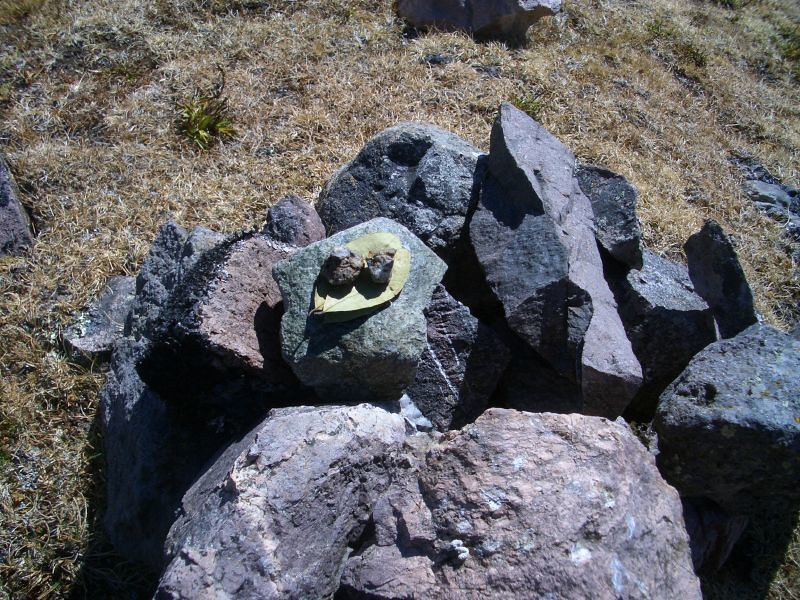
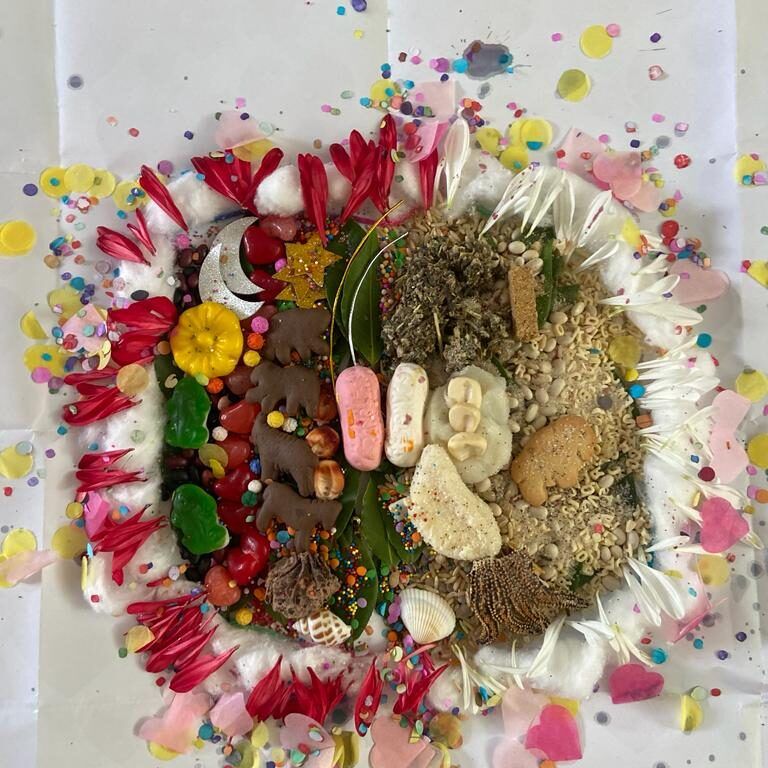
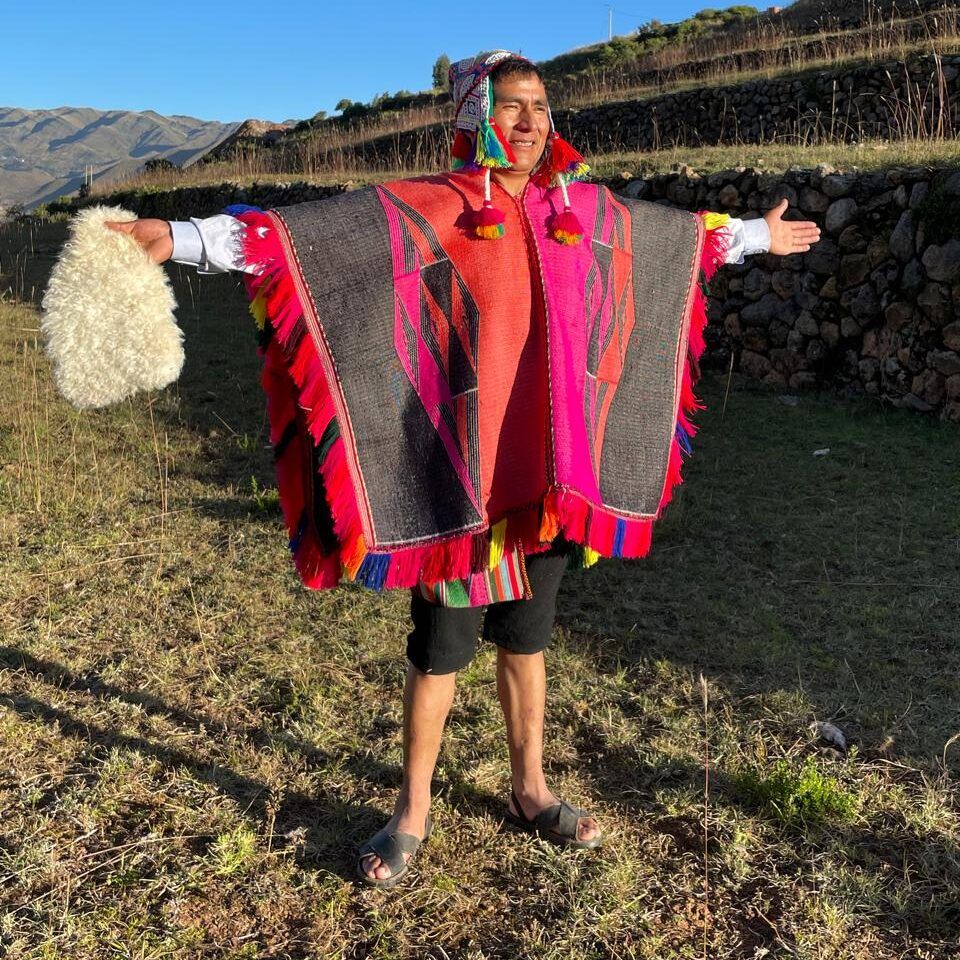
Closing
This simple act of offering reminds us that healing is rooted in relationship—not in taking energy from sacred places, but in giving, receiving, and remembering that we are always part of the greater kawsay pacha (the living cosmos).
